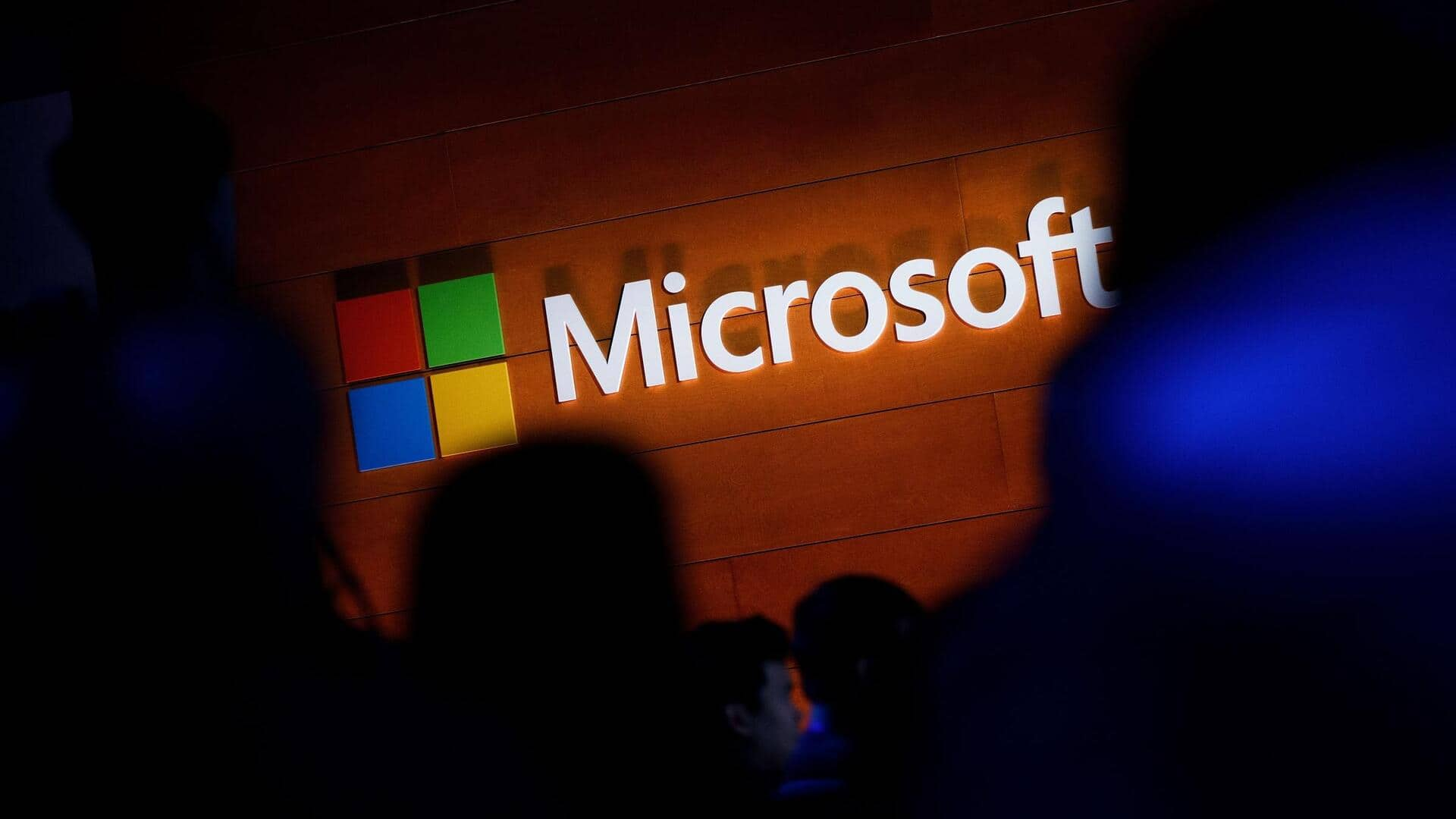
'Something has gone seriously wrong': Microsoft's update breaks Linux PCs
What's the story
A recent update from Microsoft has caused significant booting issues for numerous Linux users. The problem began last Tuesday when users reported their devices failing to start up, and instead displaying an error message stating: "Something has gone seriously wrong." This issue was traced back to an update that Microsoft released as part of its monthly patch release.
Update
Microsoft's patch was meant to fix an old vulnerability
The security update from Microsoft was intended to address a two-year-old vulnerability in GRUB, an open-source boot loader used by many Linux devices. This vulnerability, rated 8.6 out of 10 in severity, could allow hackers to bypass Secure Boot. Secure Boot is an industry standard designed to prevent devices running Windows or other operating systems from loading malicious software during the booting process.
Impact
Dual-boot devices affected by the update
The update has impacted dual-boot devices, those configured to run both Windows and Linux. These devices are now unable to boot into Linux when Secure Boot is enforced. Users attempting to load Linux have encountered an error message stating: "Verifying shim SBAT data failed: Security Policy Violation. Something has gone seriously wrong: SBAT self-check failed: Security Policy Violation."
User feedback
User reports indicate widespread impact of the issue
Users have reported that the update seems to have made some Linux EFI shim bootloaders incompatible with Microsoft EFI bootloaders. This issue appears to affect multiple distributions including Debian, Ubuntu, Linux Mint, Zorin OS, and Puppy Linux. "Note that Windows says this update won't apply to systems that dual-boot Windows and Linux. This obviously isn't true, and likely depends on your system configuration and the distribution being run," said one user. Microsoft has not yet acknowledged the error.
Additional impact
Microsoft's update also impacts devices running recent Linux versions
Contrary to Microsoft's assurance that dual-boot systems would not be affected by the update, it has been applied to devices that boot both Windows and Linux. This includes not only dual-boot devices but also Windows devices that can boot Linux from an ISO image, a USB drive, or optical media. Interestingly, many of the affected systems run recently released Linux versions such as Ubuntu 24.04 and Debian 12.6.0.